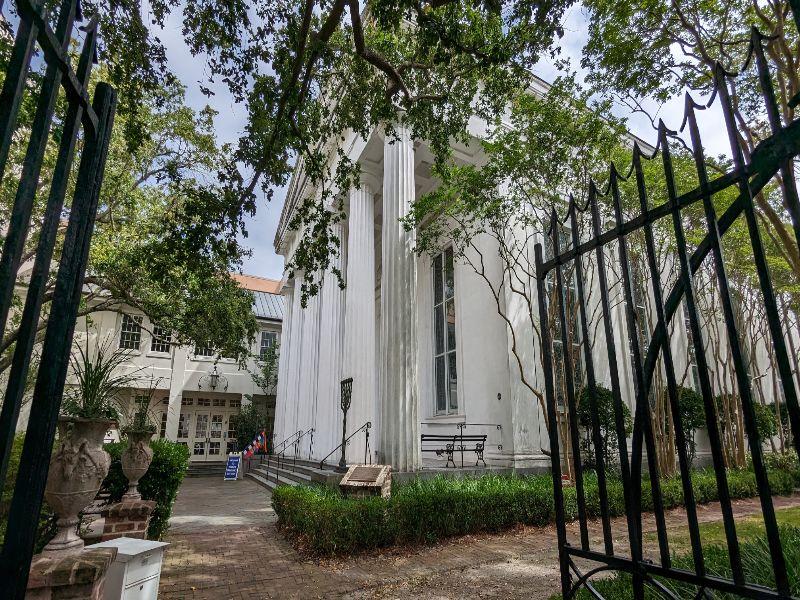- Born in London in 1721, Isaac Da Costa was a prominent figure in commerce and a devoted member of the Anglo-Jewish community.
- Da Costa played a vital role in establishing Congregation Beth Elohim in Charleston and served as a dedicated ḥazzan.
- He generously donated land in 1764, which became the historic Coming Street Cemetery, the oldest Jewish burial ground in the South.
- Da Costa was the earliest recorded Jewish Mason in South Carolina and engaged in a thriving trade encompassing various goods.
- Despite facing hardships during the American Revolution, Da Costa and his family preserved Jewish traditions and contributed to the establishment of Congregation Mikveh Israel in Philadelphia.
- Da Costa’s unwavering commitment to trade, faith, and community left a lasting impact on Charleston and the Jewish community.
Early Years and Journey to Charleston
Born in London in 1721, Isaac Da Costa hailed from a distinguished Anglo-Jewish family with Spanish and Portuguese roots. Guided by haham Isaac Nieto, he received his religious education within the Sephardi congregation in London. Seeking new opportunities, Da Costa set his sights on Charleston, South Carolina, in the late 1740s.
Establishing Congregation Beth Elohim
Da Costa played a pivotal role in establishing Congregation Beth Elohim in Charleston in 1749. Serving as a devoted ḥazzan, he led the congregation in prayers and rituals for several years. Da Costa’s impact extended beyond the synagogue as he generously donated land for the community’s cemetery in 1764, now known as Coming Street Cemetery.
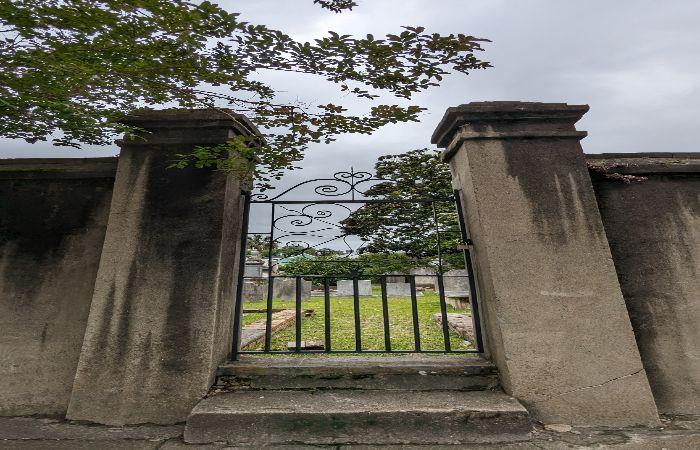
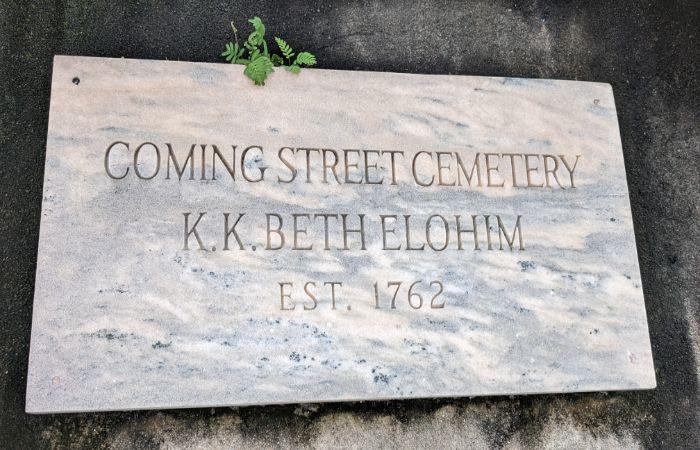
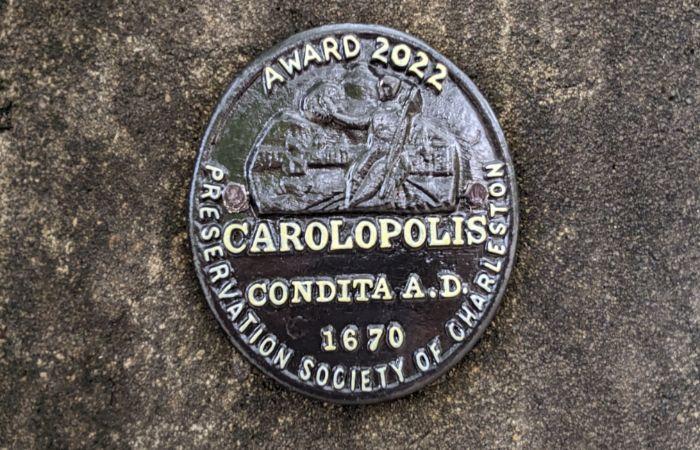
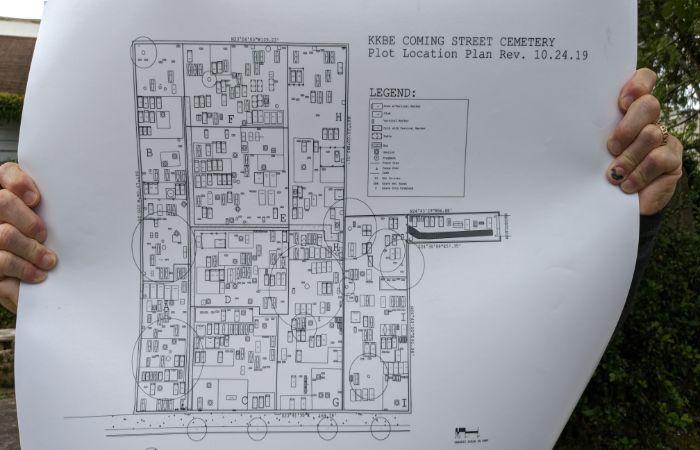
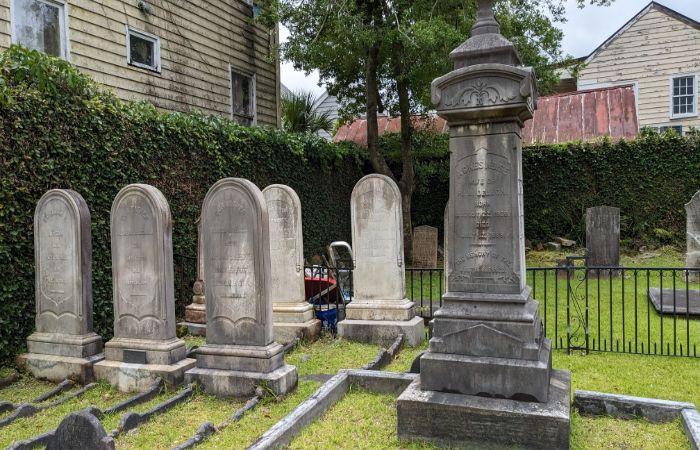
Active Participation in Fraternal Organizations
Isaac Da Costa holds the distinction of being the earliest recorded Jewish Mason in South Carolina. His involvement in fraternal organizations highlighted his commitment to both his faith and the broader community. He formed a prosperous partnership in trade with Thomas Farr, Jr., dealing in various goods, including rice, indigo, lumber, pitch, imports, rum, spermaceti, and slaves.
Challenges and Refuge during the American Revolution
During the American Revolution, Da Costa staunchly supported the patriot cause. However, as Charleston fell to the British in 1780, he faced banishment and the confiscation of his property. Seeking refuge, Da Costa and his family found solace in Philadelphia, where they played a vital role in establishing Congregation Mikveh Israel in 1782.
Returning to Charleston and Community Dedication
After the war, Da Costa returned to Charleston, dedicating his remaining years to the betterment of the community. His tireless efforts in trade and commerce, coupled with his unwavering commitment to his faith and adopted homeland, left an indelible mark on the history of Charleston and the Jewish community.
Internal Divisions and Reunification
Tensions arose between Sephardic and Ashkenazic members of the Kahal Kadosh Beth Elohim (KKBE) congregation, resulting in a split in 1775. This division led to separate places of worship for the two factions, with Abraham DaCosta and his Sephardic relatives on one side and newcomers Emanuel Abrahams and Myer Moses from German-speaking states on the other.
Involvement in the Masonic Brotherhood
Da Costa’s involvement in the Masonic brotherhood further exemplified his dedication to community networks beyond faith and nationality. He played a significant role in organizing the Sublime Grand Lodge of Perfection in 1783, which later evolved into the Supreme Council of the Ancient and Accepted Scottish Rite.
Charitable Institutions and Growing Community
Charleston’s Jewish community founded charitable institutions tailored to their needs, including the Hebrew Benevolent Society in 1784 and the Hebrew Orphan Society in 1801. By 1790, Charleston’s Jewish population grew, with diverse professions represented and King Street emerging as the city’s principal business hub.
A Lasting Legacy
Isaac Da Costa’s life embodies ambition, resilience, and devotion. His dedication to trade, community service, and the preservation of Jewish traditions has left an indelible legacy in Charleston. Through his involvement in Congregation Beth Elohim, philanthropy, and active participation in Masonic organizations, Da Costa continues to inspire generations.


